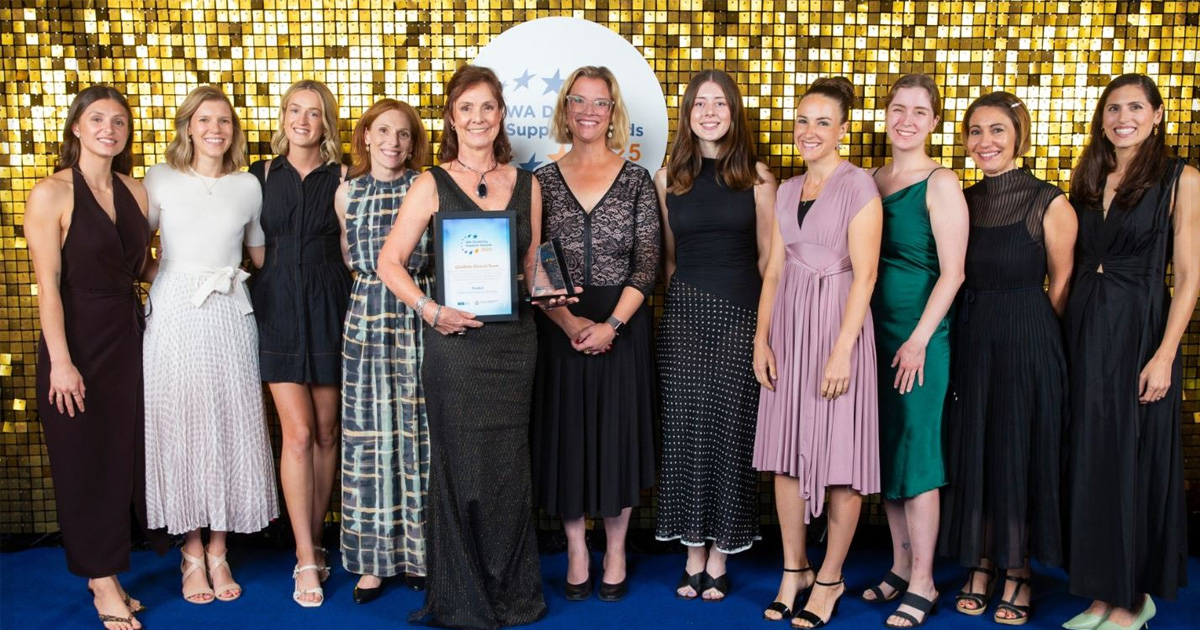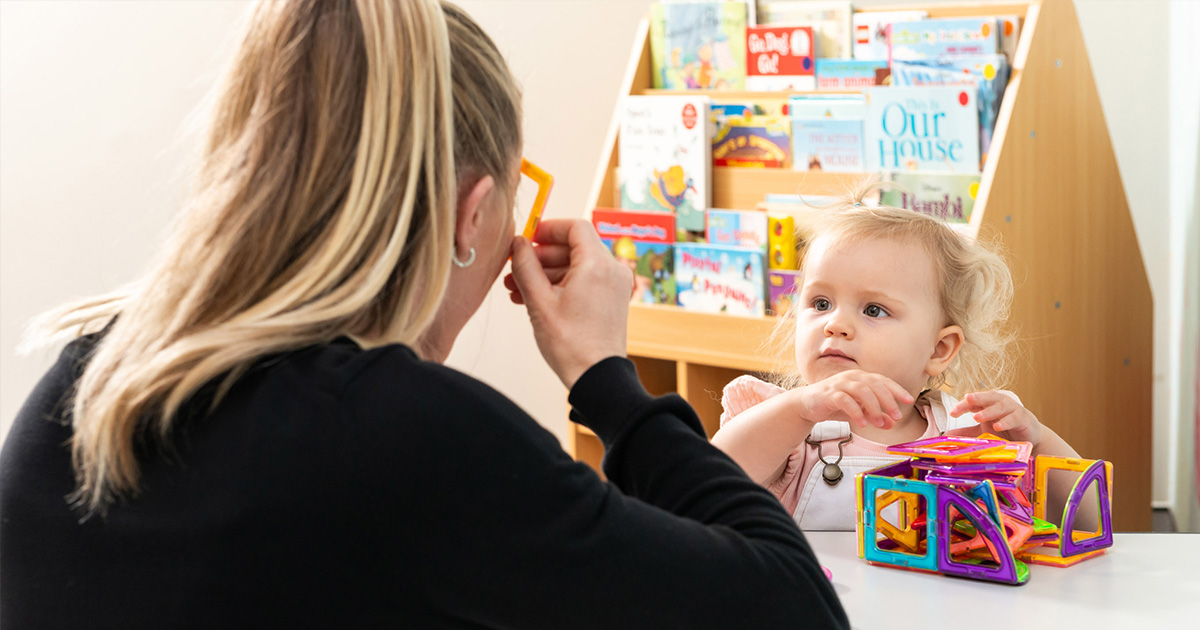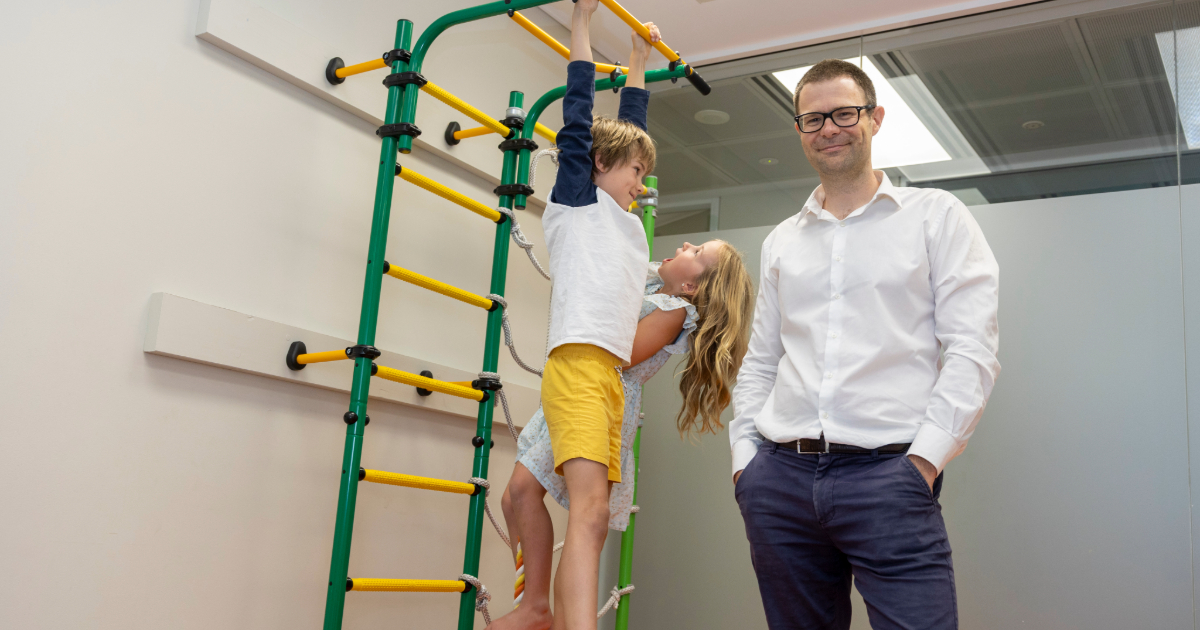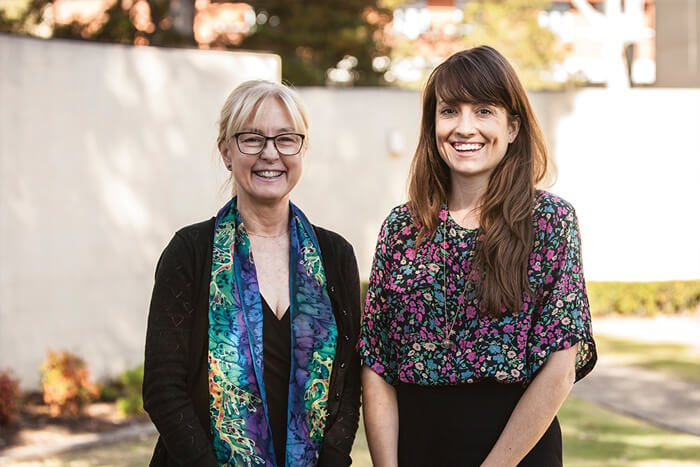Search
Research
Risk of Developmental Disorders in Children of Immigrant Mothers: A Population-Based Data Linkage EvaluationIncreased risk of autism spectrum disorder with intellectual disability and cerebral palsy with intellectual disability for mothers of some foreign-born groups
Research
Maternal pre-pregnancy weight and autistic-like traits among offspring in the general populationThis study provides further evidence that maternal pre-pregnancy obesity is associated with autism-like behaviors in offspring
Research
Characterizing the interplay between autism spectrum disorder and comorbid medical conditions: An integrative reviewWe review medical conditions that have been repeatedly highlighted as sharing the strongest associations with ASD-epilepsy, sleep, as well as gastrointestinal and immune functioning
Research
Early biomarkers predictive of autismThis study aims to investigate the cellular and molecular profiles of the immune system in infants at high/low risk for Autism, as determined through clinical assessment.

People
Andrew WhitehouseDeputy Director (Research); Angela Wright Bennett Professor of Autism Research at The Kids Research Institute Australia; Director, CliniKids

News & Events
The Kids’ clinical autism service wins WA disability awardCliniKids has won the Allied Health Professionals category at the Western Australian Disability Support Awards, announced at Crown Perth on the weekend.

News & Events
World Autism Day: Championing inclusion through research, resources, and supportToday, on World Autism Day, we embrace the theme Celebrating Differences, recognising the unique strengths, perspectives, and contributions of autistic individuals.

News & Events
The Kids welcomes support for autistic studentsThe Kids Research Institute Australia has welcomed the recommendations to come out of the State Government’s inquiry into support for autistic children and young people in schools, released last week.

Sibling Support and Teen Talk Studies form

News & Events
Thinking big to tackle kids’ brain developmentIf there’s one thing modern researchers and health professionals now understand, it’s that for so many diseases and conditions affecting children and adolescents, early intervention is crucial.
